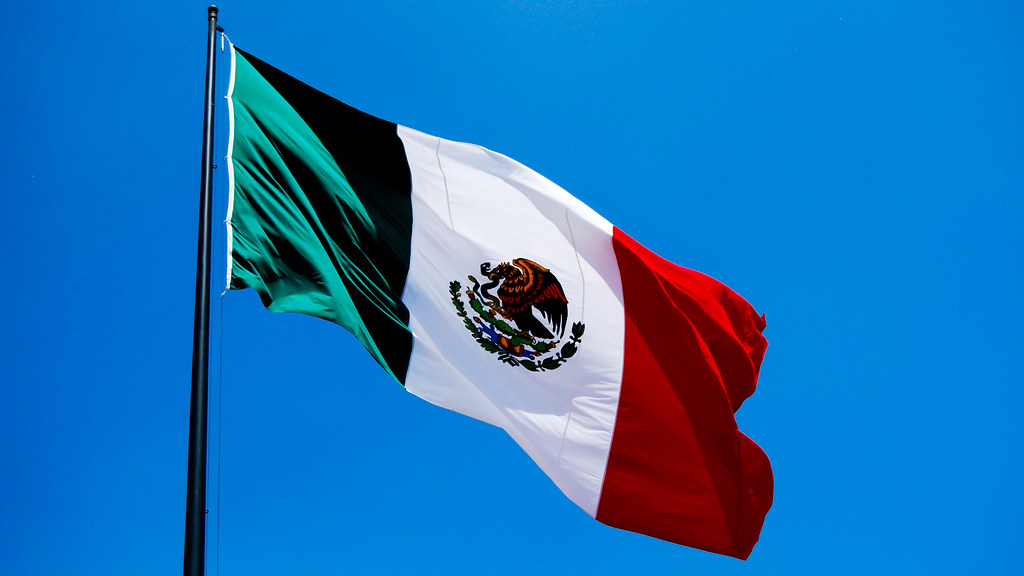
President Donald Trump announced Thursday that the United States will hold off on increasing tariffs on Mexican goods for the next 90 days to allow more time for trade negotiations between the neighboring countries.
Background on Tariffs and Previous Threats
Earlier, Trump had threatened to raise the general tariff rate on Mexican imports from 25% to 30%, citing issues related to cross-border crime and drug trafficking. Mexico is also subject to a 25% tariff on automobile imports and 50% tariffs on key metals like steel, aluminum, and copper.
These increased tariffs were scheduled to take effect Friday as part of a broader set of “reciprocal” tariffs set to return after being paused.
However, following a “very successful” phone call with Mexican President Claudia Sheinbaum, Trump chose to delay the tariff changes.
“More and more, we are getting to know and understand each other,” Trump wrote on Truth Social. He noted the complexities of negotiating a deal with Mexico due to unique border issues and assets.
Terms of the Tariff Extension
Under the extension, Mexico will continue to pay the existing tariffs on fentanyl, cars, and metals. Trump also said Mexico agreed to remove unspecified non-tariff trade barriers immediately.
“We will be talking to Mexico over the next 90 days with the goal of signing a trade deal somewhere within the 90-day period of time, or longer,” he added.
Trump’s call included key officials such as Vice President JD Vance, Treasury Secretary Scott Bessent, Commerce Secretary Howard Lutnick, Secretary of State Marco Rubio, U.S. Trade Representative Jamieson Greer, and Deputy Chief of Staff Stephen Miller.
This announcement highlights that the U.S. and Mexico, despite their strong economic ties, have not yet finalized even a preliminary trade framework, unlike recent deals the U.S. has reached with other nations.
The 90-day tariff extension also reflects Mexico’s critical role as a supplier to the U.S. market and the productive working relationship President Trump has developed with President Sheinbaum.
What The Author Thinks
The decision to delay tariff hikes underscores Mexico’s vital importance to the U.S. supply chain and economy. While tariffs serve as a bargaining tool, prolonged uncertainty risks disrupting industries on both sides. Constructive negotiations with clear, fair outcomes should be prioritized to avoid long-term damage to bilateral trade and economic growth.
Featured image credit: Martin D via Flickr
For more stories like it, click the +Follow button at the top of this page to follow us.
